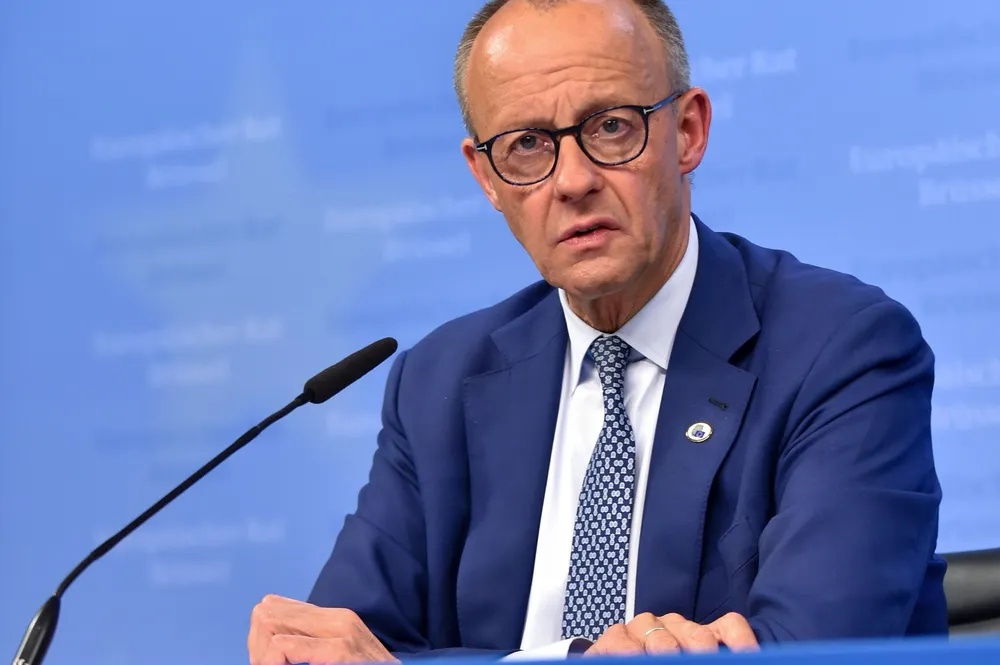Merz hints that Germany likely to throttle wind and solar expansion
Slower build-out based on 'Energiewende monitoring' to be analysed by energy ministry next week, Chancellor reportedly says

Chancellor Friedrich Merz has suggested that his government could slow down the expansion of renewable energy in Germany.
The basis for that will likely be a monitoring report of Germany’s Energiewende – its transition from nuclear and fossil fuels to renewable energy – which economics and energy minister Katharina Reiche had commissioned from the Energy Economics Institute (EWI) at the University of Cologne.
The results of the monitoring, which are supposed to determine the actual future electricity demand and point to potentials for cost reduction, have been eagerly awaited in Berlin in recent days. Sceptics expect the government to use it as a tool to reshape the energy transition in a way that could favour new fossil generation capacity instead of an accelerated wind and solar build-out.
"My guess is that we can do a little less in terms of expansion,” Merz is quoted as saying, adding that this could significantly change the costs of the Energiewende.
"If we can reduce everything a bit, then at least on the timeline, the expansion could go a little slower and security of supply a little faster and more reliably."
The Chancellor, despite committing to Germany’s 2045 net-zero goal, also said he doesn’t believe a fully climate-neutral electricity supply is possible in Europe’s largest economy in the short term.
"If we want to remain an industrialised country, we must have a secure energy supply. At least for the time being, we can't ensure this with renewable energies alone,” Merz is quoted as saying.
Gas plants no longer ‘hydrogen-ready’
Energy minister Reiche in recent months had repeatedly stated that Germany needs to build some 20GW of new gas-fired power stations to back up renewables at times of little wind or sun.
The predecessor government, the Green Party’s Robert Habeck as energy minister, also had plans for back-up capacity, but those were more moderate and with the stipulation that any new fossil-fired capacity must be ‘hydrogen-ready’.
"We're sorting out some of the requirements that were previously set, which we don't share,” he is quoted as saying.
“Not everything has to be hydrogen-ready immediately. I think we can also talk about the interim phase: that we first build actual gas-fired power plants and connect them to the grid."
The Chancellor did, however, indicate that his government will stick to plans by the previous administration to build up a so-called ‘hydrogen core network’ in Germany.
“We see hydrogen as an important storage and transport medium, especially for renewable energies. We must now pragmatically push ahead with the ramp-up and then implement the hydrogen projects step by step.”
The previous government had presented a strategy to boost the country’s onshore wind capacity to 160GW by 2035 (up from 65GW now), which would require 10GW in annual additions from next year on. The government then also set a 70GW target for offshore wind (up from 9.2GW now) and aimed for 215GW of solar by 2030 (from over 100GW now).
(Copyright)